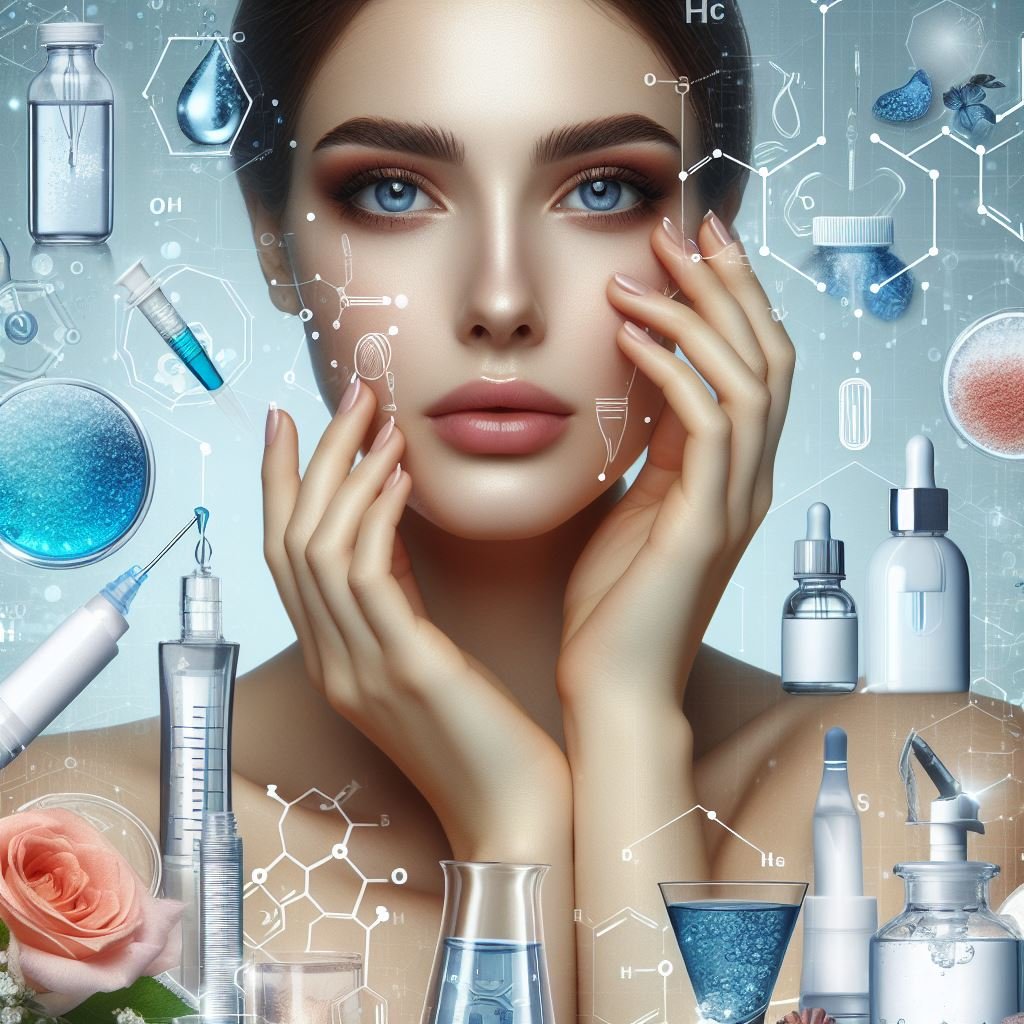
The Truth About Ingredients in Your Skincare: Debunking Myths and Unveiling Facts
Share
Introduction
As consumers become more conscious of what they put on their skin, the demand for clean label cosmetics has surged. But what exactly does “clean label” mean, and how do the ingredients in your skincare products impact your skin and the environment? Let’s dive into the science behind some commonly used components and separate fact from fiction.
Phthalates
What Are Phthalates?
Phthalates are chemical compounds often found in cosmetics, including nail polish, perfumes, deodorants, and hair products. Their primary role is to enhance fragrance and improve product texture. However, their use has sparked concerns due to potential health risks.
Why Are They Present?
Phthalates act as solvents and help ingredients dissolve easily in formulations. They also stabilize fragrances, ensuring they remain consistent over time.
Negative Effects:
- Skin Irritation: Some individuals may experience skin irritation or allergic reactions when exposed to phthalates.
- Endocrine Disruption: Phthalates can interfere with hormonal balance, potentially affecting reproductive health.
- Environmental Impact: These chemicals persist in the environment, contaminating water and soil.
Sulfates (Sulphates)
What Are Sulfates?
Sulfates, such as sodium lauryl sulfate (SLS) and sodium laureth sulfate (SLES), are common surfactants in skincare. They create lather and help remove dirt and oil.
Why Are They Present?
- Cleansing: Sulfates effectively clear debris and impurities from the skin.
- Oil Control: They break down excess oil and sebum, making them ideal for oily or acne-prone skin.
- Emulsification: Sulfates blend oil and water-based ingredients, ensuring stable formulations.
Negative Effects:
- Drying: Sulfates can strip natural oils, leading to dryness and irritation.
- Sensitive Skin: People with sensitive skin may experience redness or discomfort.
Aluminum
What Is Aluminum?
Aluminum compounds, such as aluminum chlorohydrate, are commonly used in antiperspirants. They help reduce sweating by blocking sweat glands.
Why Is It Present?
- Antiperspirant Function: Aluminum compounds control excessive sweating.
- Preservative: Aluminum acts as a preservative, extending product shelf life.
Negative Effects:
- Skin Irritation: Some individuals may develop skin sensitivity or allergies.
- Bioavailability: Studies suggest that aluminum can be absorbed through the skin, raising concerns about long-term exposure.
Alcohol
What Is Alcohol?
Alcohol in skincare includes ethanol, ethyl alcohol, SD alcohol, or alcohol denat. It serves various purposes.
Why Is It Present?
- Solvent: Alcohol helps other ingredients dissolve.
- Cleansing: Used in toners and makeup removers.
- Enhanced Penetration: Alcohol aids ingredient absorption.
Negative Effects:
- Drying: Alcohol can strip natural oils, leading to dryness.
- Irritation: Sensitive skin may react adversely.
Conclusion
Understanding skincare ingredients empowers you to make informed choices. While some components serve essential functions, others may pose risks. Opt for products that align with your skin’s needs and prioritize your well-being and the environment.
Remember, clean label cosmetics should enhance your beauty without compromising your health or our planet’s health.